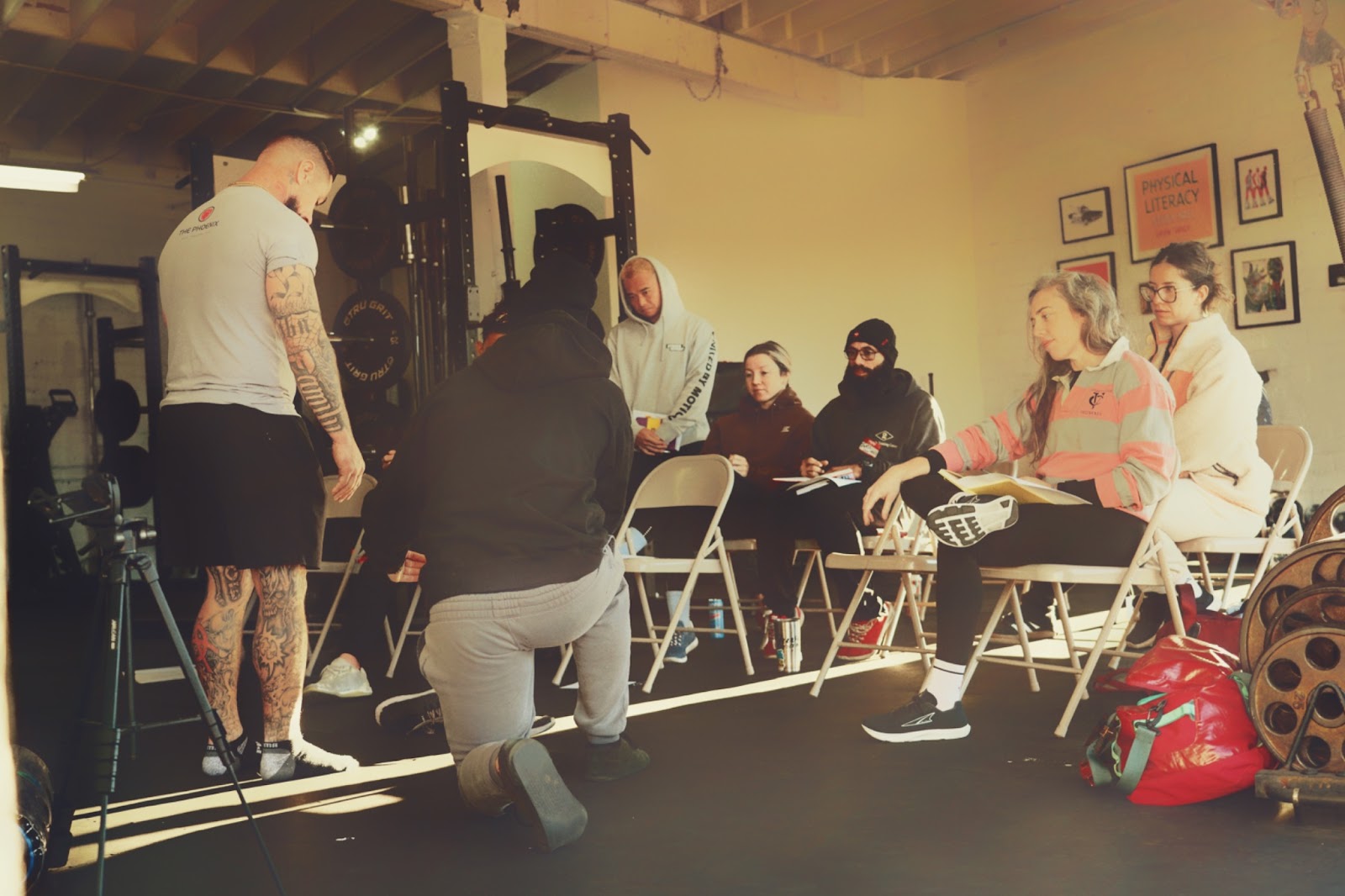
A close friend of mine posted something on social media that punched me in the throat. Originally, attributed to C.S. Lewis, the quote read:
“I sat with my anger long enough until she told me her real name was grief.”
These latest seasons of my life, I’ve noticed and wondered when or why I’ve become seemingly angry. I’ve never been an angry person and so I decided to look into grief. I always remember the “stages” of grief and viewed them like a checklist.
REMINDER: most meaningful things in life don’t work like a checklist.
When we think about grief, we often envision the “stages” first outlined by Elisabeth Kübler-Ross: denial, anger, bargaining, depression, and acceptance. While these stages offer a framework for understanding grief, they’re often misinterpreted as a rigid, linear process. In reality, grief is far messier—and that’s okay.
The Myth of a Timeline
The idea that we “progress” through grief in a specific order is comforting, but it doesn’t reflect the lived experience of loss. Grief is deeply personal, shaped by our relationships, circumstances, and resilience. You might feel acceptance one day and be swept back into anger the next. This isn’t regression—it’s part of the process.
Grief is Nonlinear
Grief behaves more like waves than a straight path. It can ebb and flow, triggered by a memory, an anniversary, or even a scent. This variability can make it feel as though we’re doing grief “wrong,” but there’s no wrong way to grieve. Accepting this can be liberating, allowing us to experience our emotions without judgment.
Making Space for the Chaos
By breaking free from the expectation of order, we create space to honor our grief authentically. Instead of asking, “Why am I still angry?” or “Shouldn’t I be over this by now?” try reframing your grief as a journey unique to you. It’s not about “getting through” the stages but about learning to carry the loss with you in a way that feels manageable.
Finding Support Along the Way
Whether you’re in denial, anger, or acceptance (or circling through all three in one afternoon), connecting with others can help. Talking to a trusted friend, counselor, or support group can remind you that you’re not alone. Grief is universal, even if how we experience it isn’t.
Grief as Growth
Though it’s hard to see in the moment, grief can also be a teacher. It can deepen our empathy, strengthen our connections, and remind us of the value of what we’ve lost. By letting go of the need to “move on” in a straight line, we allow ourselves to move forward in a way that’s meaningful and true.
Grief doesn’t follow a rulebook—and it doesn’t need to. Your journey is yours alone, and however you experience it is exactly right. I hope this can help you move away from anger.
12/17/24 WOD
DEUCE Athletics GPP
Test Day
5RM Bench Press
Complete 3 rounds for quality of:
10 Ring W’s
:20 Bottoms Up KB Hold (ea)
10 Plank + KB Roll Outs (ea)
Complete the following for time…
3 Rounds
16 DB alt. Front Rack Reverse Lunges (50/30)
60 Double Unders
DEUCE Garage GPP
5-3-1-4-2-1
Bench Press
6-6-6-6
Standing Behind The Neck Press
Then, complete 3 rounds for reps of:
In :60..
Max Alt DB Snatches (60/40)
-Rest as Needed-

